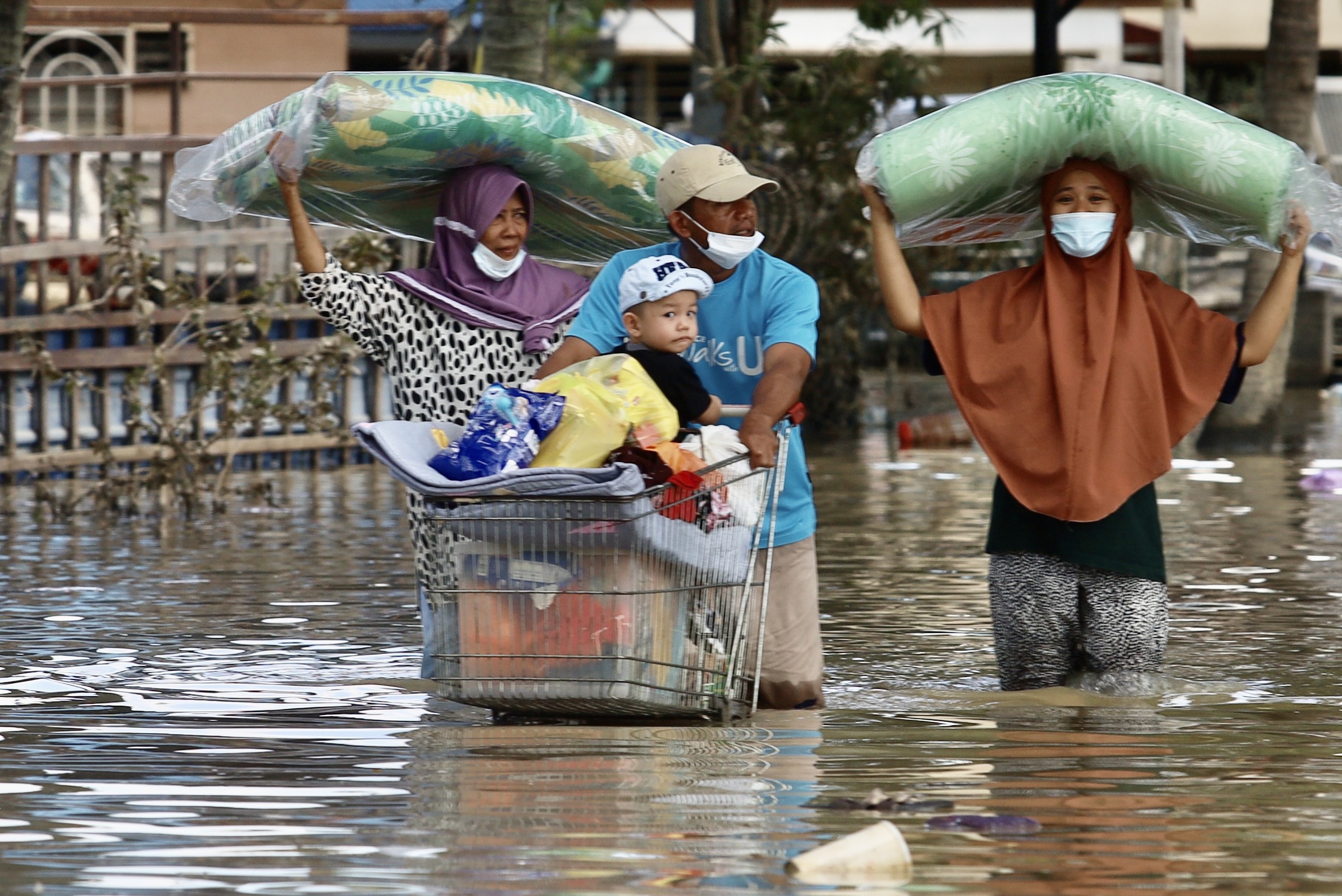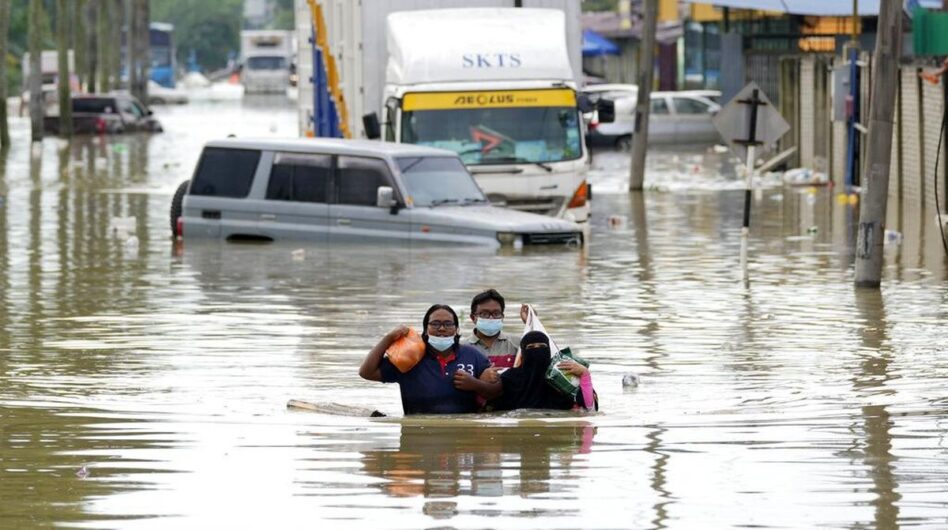
THE monsoon season’s arrival, often heralded by grey skies and the steady drumming of rain, is something that we Malaysians know very well.
For some, it is a comforting rhythm; for others, it signals the looming anxiety of floods. When water invades homes and streets, our thoughts naturally turn to immediate concerns: missed school days, disrupted commutes, or the struggle to secure the next meal.
Yet, amid these challenges, one critical aspect often takes a back seat – our health.
Floodwaters are more than just inconvenient or destructive; they are a breeding ground for diseases, one of the most concerning being leptospirosis.
Caused by bacteria primarily from rat’s urine, leptospirosis is a hidden danger that lurks in stagnant floodwaters from rat infested sewers bringing out these pathogenic bacteria.
When contaminated water gets into contact with the skin, especially through cuts or abrasions, or is accidentally ingested, the bacteria can enter our bloodstream, leading to symptoms that range from fever and chills to severe organ complications.
Statistically, cases of leptospirosis surge during the monsoon season, particularly in flood-affected areas. This pattern isn’t new. Yet, year after year, health precautions during floods remain an afterthought.
Perhaps it is human nature to focus on what we can see – the rushing waters, the soaked belongings, the empty pantry. Invisible threats, like bacteria in murky puddles, seem far less urgent.
In many ways, this reminds me of a scene from Jane Eyre by Charlotte Brontë, where Jane reflects on the hidden dangers of neglecting oneself: “Prejudices, it is well known, are most difficult to eradicate from the heart whose soil has never been loosened or fertilized by education.”
Substitute “prejudices” with “diseases” and it becomes a fitting reminder for our current situation. When health takes a back seat, the consequences can be severe, and by the time we acknowledge the risks, the damage is often already done.

It’s crucial to remember that the impact of diseases like leptospirosis goes beyond individuals – it affects families, communities, and entire support systems.
A single hospitalisation can disrupt a family already struggling to rebuild after a flood. Children unable to recover quickly miss out on their education. Breadwinners confined to beds lose critical income.
Floodwaters may recede, but diseases often linger in their aftermath. Leptospirosis is particularly insidious because its early symptoms – fever, headache, muscle aches – are easily mistaken for less serious illnesses like the common flu.
However, if left untreated, the bacteria can lead to kidney or liver failure, meningitis, or even death.
What, then, can we do? The answers are neither complicated nor unattainable.
First, we must treat every puddle of floodwater as potentially hazardous. Wear rubber boots and gloves if wading through water is unavoidable. Avoid submerging hands or feet if there are open wounds, no matter how small they seem.
Second, hygiene is paramount. Wash your hands and feet with clean water and soap after any exposure to floodwater. Boil drinking water if clean sources are compromised and disinfect items that have been in contact with floodwater.
Third, pay close attention to early symptoms. Seek medical help immediately if you or your loved ones develop fever or other flu-like symptoms after contact with floodwaters. Early treatment with antibiotics can often prevent complications.
These steps may seem simple, even mundane, but they can make the difference between life and death.
As the monsoon season continues, let us remain vigilant, not just about the visible challenges of flooded homes and disrupted routines, but also the silent threats that seep into our lives through floodwaters.
Health must always be paramount, for without it, rebuilding our lives after the floods becomes an even steeper climb.
The author, Prof Dr Siti Nursheena Mohd Zain is a professor at the Institute of Biological Sciences, Faculty of Science, Universiti Malaya, and a leading researcher in zoonotic diseases.
The views expressed are solely of the author and do not necessarily reflect those of MMKtT.
-Focus Malaysia.



No comments:
Post a Comment
Note: Only a member of this blog may post a comment.